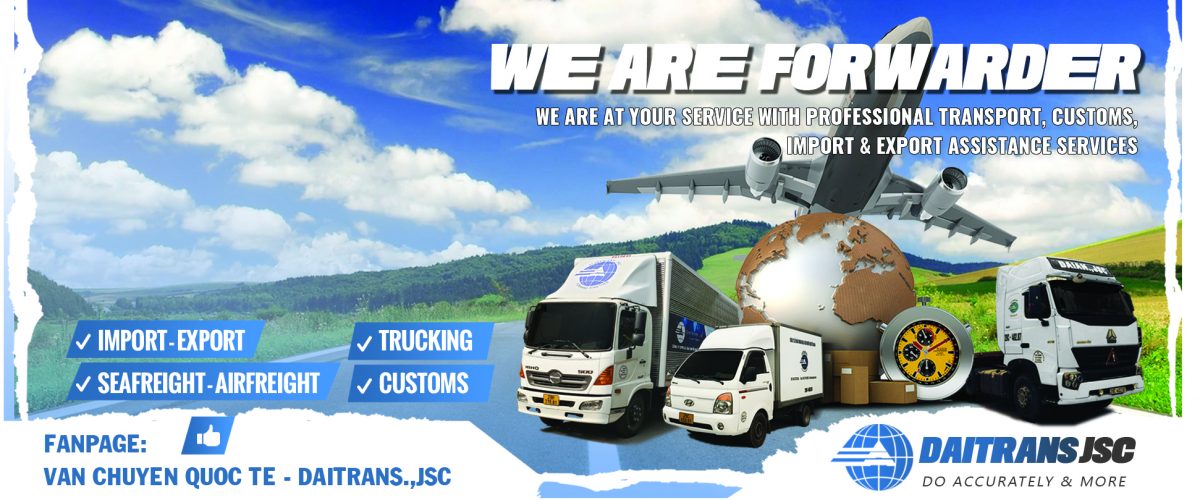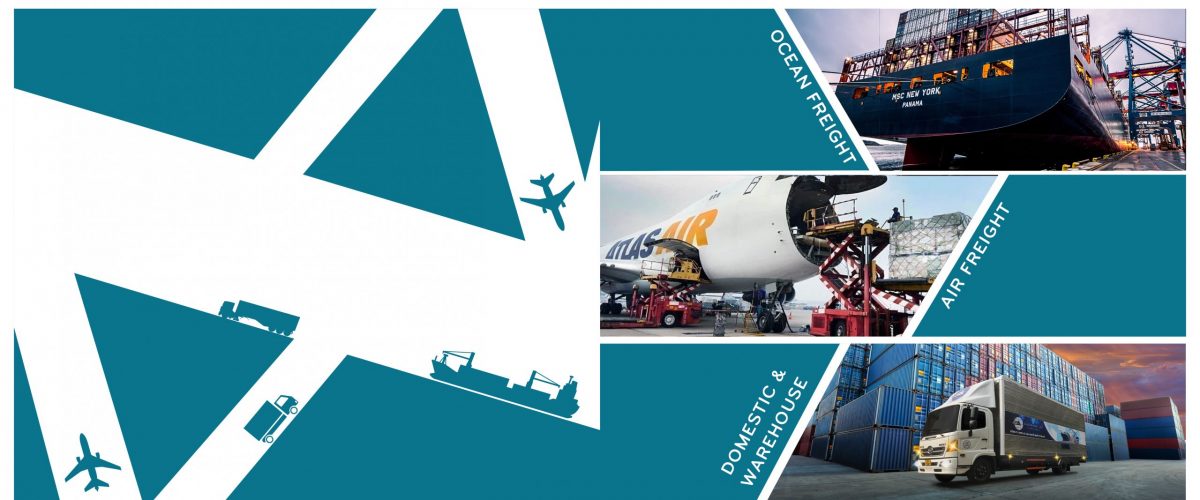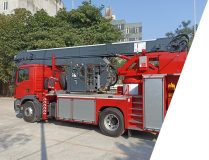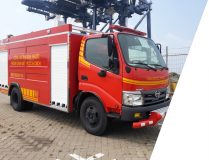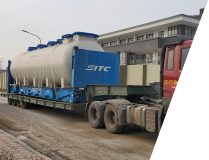Update: December, 02/2021 – 09:36
|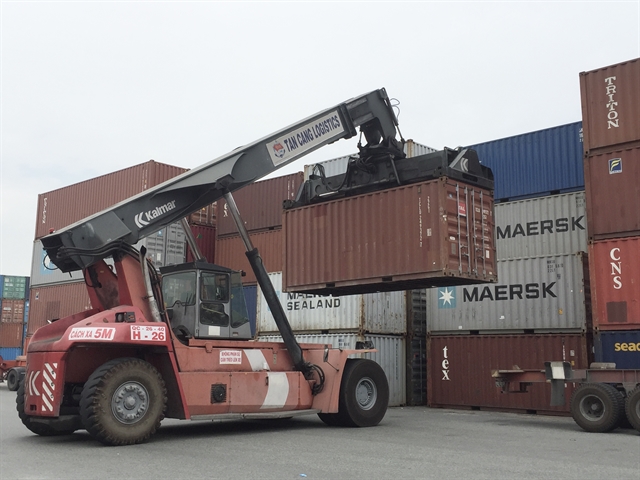
Demand for logistics services would continue to surge. — VNS Photo
HCM CITY — HCM City’s logistics sector has enormous development opportunities if it can overcome the equally big challenges it faces, a seminar heard on November 30.
Logistics firms therefore need to clearly identify them and come up with appropriate development scenarios to make the sector a spearhead, delegates told ‘Identifying opportunities and challenges for the development of the logistics sector in HCM City.’
Đặng Minh Phương, chairwoman of the HCM City Logistics Association, said supply chain disruptions are hard to overcome in the near future and could continue to greatly affect businesses in Việt Nam.
Due to the COVID-19 pandemic, foreign firms are looking for ways to diversify their supply chains, and an efficient logistics system is an important factor in attracting and retaining them, she said.
Bùi Tá Hoàng Vũ, director of the Department of Industry and Trade, said the city, with its strategic location, has relatively developed logistics services but their costs remain high compared to other countries in the Asia-Pacific region.
Demand for logistics services would continue to surge, he said.
The city People’s Committee has approved a proposal to develop logistics into a spearhead sector that will account for 10 per cent of the economy by 2025 and 12 per cent by 2030.
Logistics costs are expected to fall to 10-15 per cent by 2025, Vũ said.
Nguyễn Anh Đức, general director of Saigon Co.op, also views the logistics industry as an important sector for retail businesses with transport costs accounting for 5 per cent of total costs.
“Reducing logistics costs will help retailers increase their revenues and profits.”
While logistics systems have reached automation level five in developed countries, it is still at the starting level of 1 or 2 in Việt Nam, he said.
He called for developing the sector towards a more specialised direction, establishing logistics areas with each focusing only on certain kinds of goods.
The city also needs to promote connectivity with provinces and cities, develop supporting industries and infrastructure, and enhance linkages between stakeholders in the sector, he said.
Đinh Ngọc Thắng, director of the city Customs Department, said the city’s exports topped US$116 billion in the first 11 months of 2021 despite the pandemic, up 16 per cent year-on-year.
Việt Nam has the opportunity to develop its logistics sector thanks to its free trade agreements, policies to develop the sector and the fact that North American and European countries view Việt Nam as an attractive investment destination, he said.
“If we become the world’s goods transshipment hub, not only seaports but also logistics will have a huge chance to develop.”
Some 80 per cent of logistics firms in HCM City are of small scale, lacking capital and technology, he said.
They need to embrace technology to digitise, develop innovative services and a logistics eco-system to penetrate the global supply chain, he said.
The city needs to invest more in developing its transport and logistics infrastructure and encourage logistics firms to invest more and train human resources, he added.
Phương said for the logistics industry to develop the city government should consider it a priority sector for support.
“Logistics account for 8.9 per cent of the city’s economy and play an important role in supporting production, trading and import and export, and attracting foreign investment.” VNS


